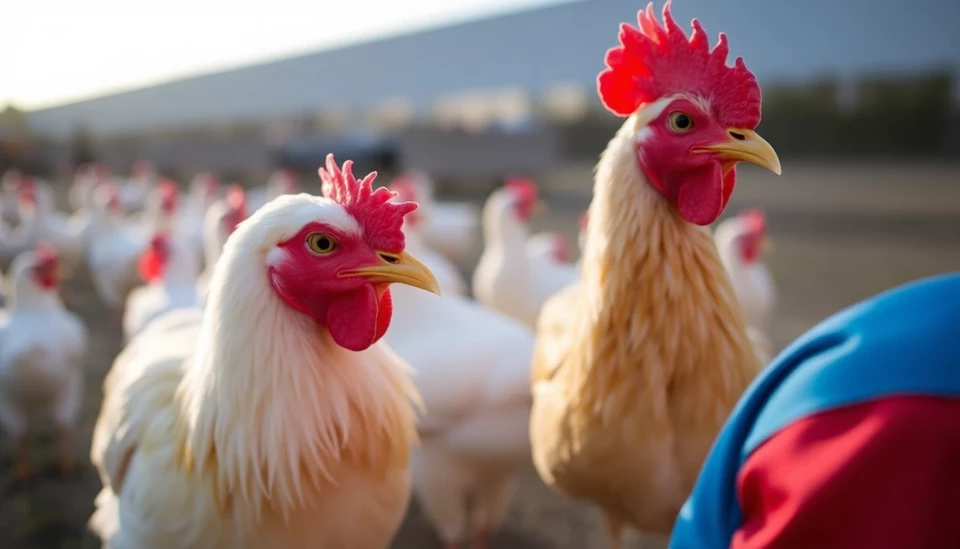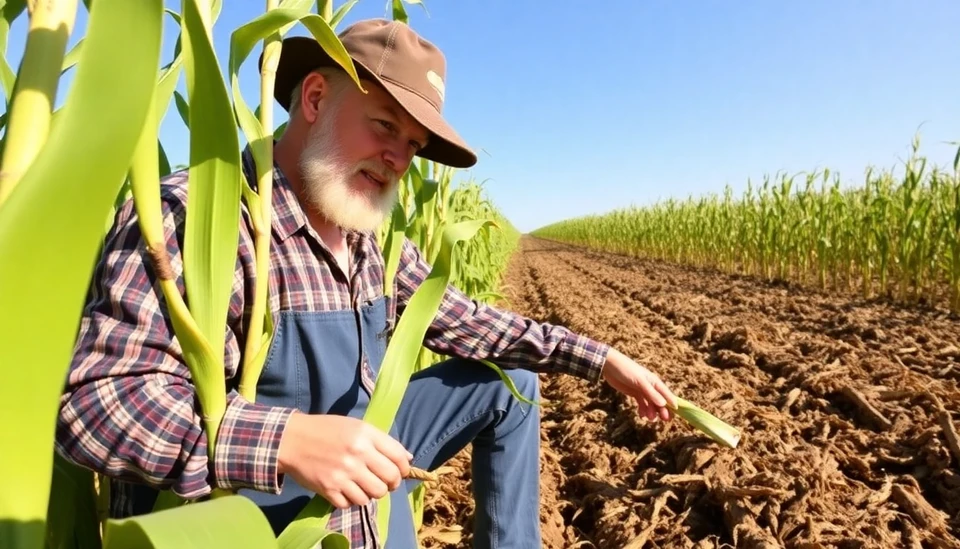
The United States Department of Agriculture (USDA) faced significant backlash recently after mistakenly laying off employees who played a crucial role in the country’s efforts to combat avian influenza, commonly known as bird flu. This misstep emerged during a critical phase when the agriculture sector is particularly vulnerable to animal disease outbreaks, raising alarms about the potential implications for public health and food supply stability.
Reports indicate that the USDA's Animal and Plant Health Inspection Service (APHIS), which is instrumental in managing animal health issues, erroneously terminated the employment of staff members who were specifically assigned to monitor and respond to the bird flu crisis. This further compounded ongoing tensions within the agency as it grapples with handling the delicate balance between managing fiscal resources and ensuring adequate response capabilities against zoonotic diseases.
Officials acknowledged that the layoffs were a clerical error stemming from a lapse in communication regarding budget allocations for personnel needed in animal health response initiatives. The USDA has since expressed regret and has moved swiftly to reinstate the affected employees, recognizing the immediate need for a robust response framework as bird flu cases have been reported across various states.
The timing of this incident is particularly precarious, as the bird flu virus has seen a resurgence, with outbreaks reported in both wild and domestic bird populations. This situation has raised concerns amongst farmers and the poultry industry, as the fear of widespread contagion looms large. The USDA's commitment to maintaining biosecurity measures is now under scrutiny following this staffing error, which has been labeled a major misjudgment by industry experts and stakeholders.
Industry leaders are urging the USDA to not only rectify the staffing issue but to also enhance communication and preparedness strategies moving forward. The poultry sector, which significantly contributes to the U.S. economy, relies on quick response mechanisms to contain outbreaks, highlighting the importance of having a fully operational and responsive workforce dedicated to animal health surveillance.
In light of this incident, the USDA has pledged to review its internal processes and ensure that similar errors do not occur in the future. The agency's commitment to public and animal health remains steadfast, and officials are working diligently to rebuild trust among stakeholders and maintain operational readiness against animal health threats.
This situation serves as a critical reminder of the ongoing challenges faced by agricultural agencies in the face of emerging infectious diseases. The USDA’s responsibility to safeguard both animal populations and public health is a task that requires uninterrupted focus, especially during times when increased surveillance and proactive measures are essential.
As the USDA moves to address this error, the overall importance of maintaining a well-staffed and effectively coordinated animal health response team cannot be overstated. Stakeholders hope that lessons learned from this incident will lead to stronger protocols that protect both animals and the agricultural economy moving into the future.
Overall, the USDA’s recent miscalculation highlights the vulnerabilities within public health systems and the delicate nature of animal disease management. The coming weeks will be critical as the agency works to stabilize its workforce and recommit to its role in safeguarding the nation's food supply against avian influenza.
#USDA #BirdFlu #AnimalHealth #PublicHealth #Agriculture #PoultryIndustry #AvianInfluenza #CrisisManagement #HealthSecurity
Author: Samuel Brooks




